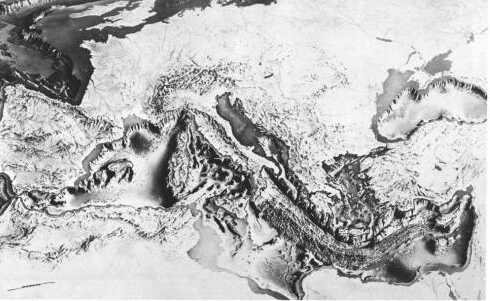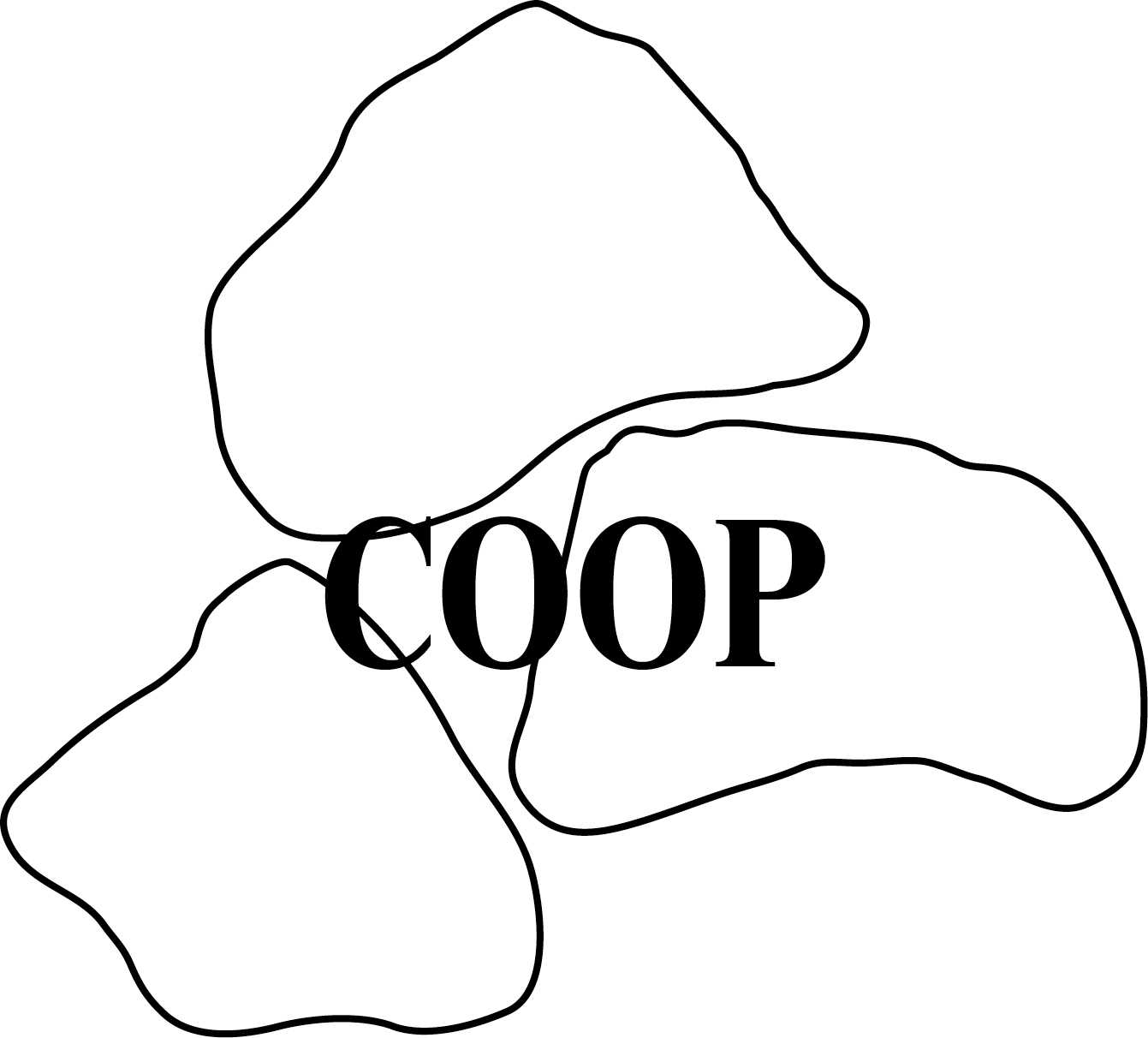2024-2025 COOP study group ~ Half Land, Half Sea: Transcartography of Resistance
Tutor team:
Guests:
Partner Institution:
Student participants:
Ayse Idil Idil, Dory Ikonen, Davide La Montagna, Jip van der Hek, Masha Domracheva, Maria Miguel Pratas, Nika Pecarina, Öykü Özgencil, Rana Kelleci
Student led reflection:
Chronicles (COMING DECEMBER 2024)
Program:
Half Land, Half Sea: Transcartography of Resistance
Introduction:
The Mediterranean has long been a spatiotemporal area and an imaginary construction characterized by common and conflicting geopolitical interests aimed at implementing a violent logic of separation: distancing Europe from Africa, Western Asia and the Americas. As a central site for the development of European imperialism, the Mediterranean has been referred to as Mare Nostrum in the Greco-Roman antiquity, or the White Sea by the Ottomans, or a wide European colonial lake since the nineteenth century. More recently, it has been understood as a place connoted by death and “necropolitics”, what Hakim Abderrezak has defined as a “seametery”.
This COOP aims to regenerate the extensive historical, spiritual, and elemental archives of the Mediterranean, emphasizing their interruptions, discontinuities, and fragments to challenge the established mappings, chronologies, and narratives that have solidified the region. The COOP will attempt to reroute interpretative frameworks by rejecting the idea that the conventional notion of culture was born in Europe, navigating an unstructured, undisciplined trajectory where non-European languages, epistemologies, and obliterated poetics resonate. Through this framing, Islam may be understood as a European religion from the 8th century onward, while Baghdad and Cairo as medieval cities. Such a framing may also serve to recognize the significant impact of Arab culture and science on the European Renaissance or to include the eastern segment of the Ottoman Empire and the Balkans, as well as Portugal’s intermediary presence between the Atlantic and the Mediterranean, within this constellation. In addition, this framing may help to understand the current unspeakable crimes that the Israeli Zionist state is inflicting on Palestine, or the so-called migratory crisis that has caused millions of deaths in and around the Mediterranean in the past thirty years, but also the so-called Arab Spring, as events entangled with European imperialism in the Mediterranean region.
The COOP will entail close readings of works by Lebanese-American poet and artist Etel Adnan and of the scholar Olivia C. Harrison , who advances that the Mediterranean is a trans-colonial space, that is “a region that has been and continues to be shaped by overlapping forms of imperial rule as well as by transregional, South–South alliances” (Harrison, 2015). Harrison argues that since “we are mired in coloniality,” the idea of a transcolonial Mediterranean can open up “the possibility of a critical relation to the region’s colonial past and neocolonial present, as well as the prospect of alternative or even transformative political and cultural alliances across and beyond the area we commonly—and problematically—refer to simply as the Mediterranean.” More interestingly, Harrison re-imagines the Mediterranean as a topos for resistance which extends not only to Palestine but also to the Americas, including the African-American and Indigenous struggles, and to the Pacific and the Vietnam War.
-How can we push forward, interrogate, and cross the limits of power structures, disciplinary knowledge, textual and artistic aestheticization, and hegemonic genealogies?
-How to cope with the fact that the ongoing deaths at sea in the Mediterranean and the reclusion of human beings into concentration camps to prevent migration to Europe, as well as the current genocide in Palestine, are “aesthetic projects” entangled in a larger grammar of oppression enforced in other parts of the world, such as Sudan, Yemen, Haiti, DRC, and many other countries whose losses are not reported or are forgotten?
-What is the generative capacity of art to respond to the call for justice and change that has unavoidably become necessary and still not attainable? What makes the repetition of violence so powerful? What is the role of art in this expanded and resisting Mediterranean that seeks to oppose Fortress Europe and the escalating Euro-US colonialism aiming to restrict and exert greater control over maritime and terrestrial domains?
The COOP is led by Archive Ensemble members, and has a focus on publishing and research-based practice. As part of the COOP the curator and researcher Chiara Cartuccia will present her extensive research addressing the intricacies of geographical thought, to critically rethink the notion of Mediterranean and of ‘Mediterraneism’. This examination will investigate the manner in which perceptions of geographical spaces influence geopolitical and cultural frameworks of domination and exclusion while simultaneously fostering unforeseen avenues of possibility and resistance. Cartuccia draws from the program she initiated in 2022, Neither on Land nor at Sea, whose wording stems from the belief that resisting un-problematic thematisations of the Mediterranean is to reject the consolatory ease of the figurative value, of the usable representation. As such, it is an invitation to linger in the uncomfortability of restless negotiation, of positionalities and perspectives.
In addition, artist and researcher Alessandra Ferrini will share her long-term work dissecting the “archive of coloniality” in the Euro-Mediterranean, centering on colonial continuities and histories of resistance. Ferrini will delve into her methodological approach to the archive of coloniality, working across long timelines as well as deconstructing specific events and political processes, through a focus on translation (literary as well as visual and multimedia). Building on her ongoing work on the Italian development of genocidal technology in Libya and on the erasure of this history in Italy, she will put forward a reflection on how histories of violence can be treated without recurring to a paradigm of pain and a spectacle of sugering. Ferrini will involve the COOP’s participants in an investigation of situated research strategies rooted in what she defines as an “accountability-based framework” as a baseline for collective work.
REFERENCES:
- Abderrezak, Hakim, ‘The Mediterranean Sieve, Spring and Seametery’, in Cox, Emma et al (ed.) Refugee Imaginaries:Research Across the Humanities, Edinburgh University Press, 2019
- Harrison, Oliva , Transcolonial Maghreb: Imagining Palestine in the Era of Decolonization, Stanford University Press, 2015
- Denise Ferreira da Silva, Fractal Thinking, 2016, https://accessions.org/article2/fractal-thinking/



